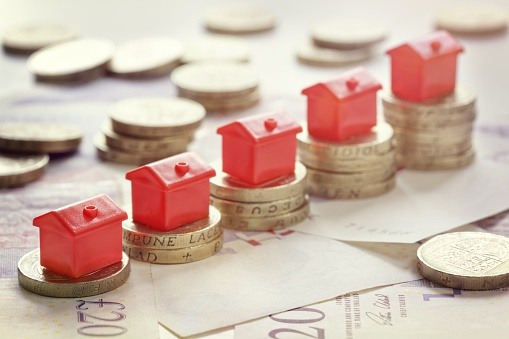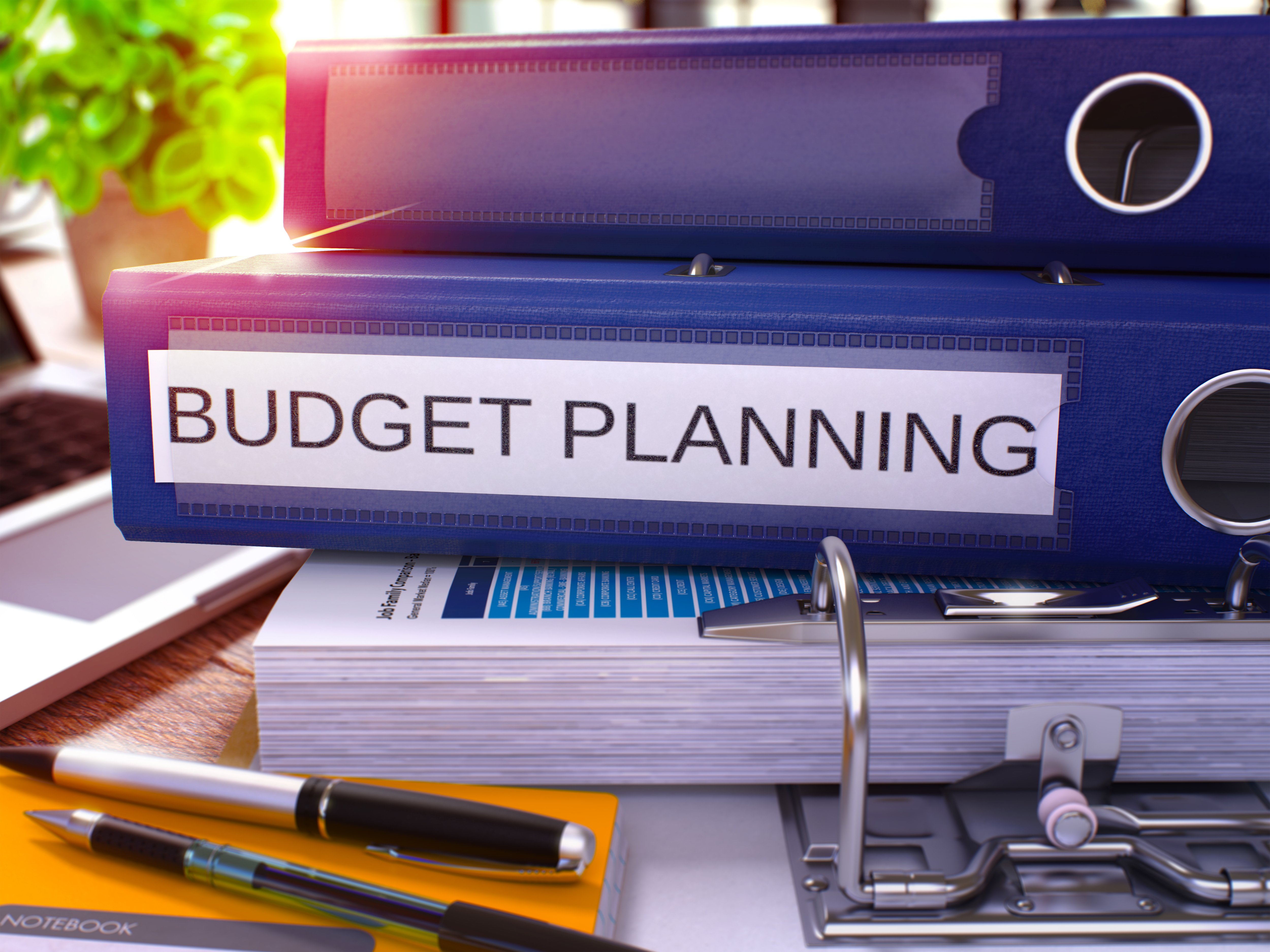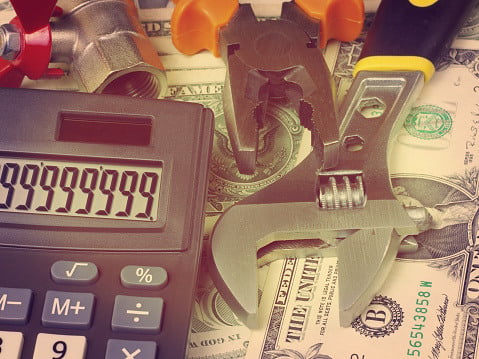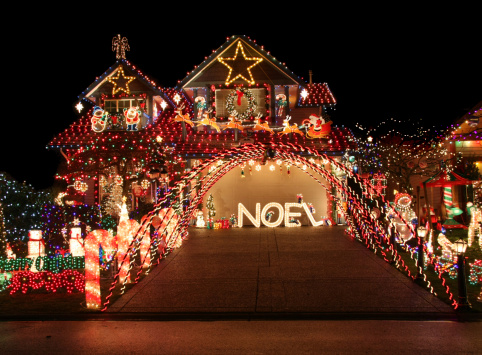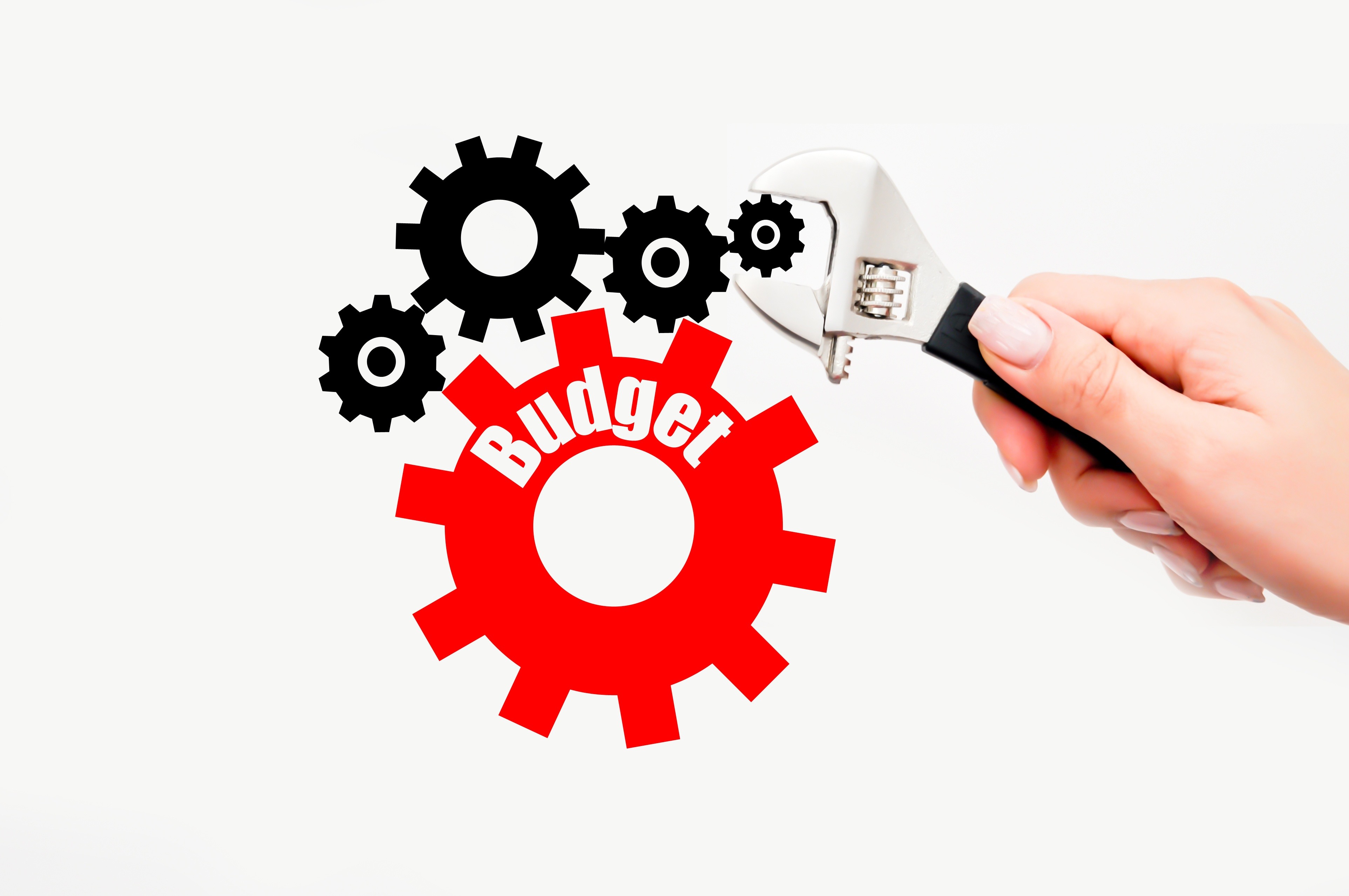 Each and every homeowner’s association should have a reserve fund as part of its budget to plan and prepare for future repairs and maintenance, as well as unanticipated expenses and needs. HOA board members are responsible to make sure a reserve plan is in place for the Association, or at least ask the question about how the Board is planning for the reserves. If the Board is ignoring the reserves altogether, then it needs to actively seek out assistance to make this happen.
Each and every homeowner’s association should have a reserve fund as part of its budget to plan and prepare for future repairs and maintenance, as well as unanticipated expenses and needs. HOA board members are responsible to make sure a reserve plan is in place for the Association, or at least ask the question about how the Board is planning for the reserves. If the Board is ignoring the reserves altogether, then it needs to actively seek out assistance to make this happen.
Each HOA board has specific scenarios it deals with related to the reserve fund and the homeowner’s association. Below are a couple of real-life questions that were asked on our blog, and how an HOA manager would respond.
What percentage of reserve monies must be kept in the reserves when replacing roofs? Or other maintenance projects like painting?
The general answer is the reserve study will tell you! If your HOA board doesn’t have a reserve study – or doesn’t even know what it is – then it’s time to have one done. In this instance, it will tell you approximately what amount should be set aside for roof replacement or repairs.
For example, if there is a 10-year life on your roof, then it needs to be fully-funded at the end of 10 years. If you want it to be funded with it’s time to replace it, and a new roof will cost 100K, then you need to save 10K a year.
Can an HOA use reserve funds to buy real estate property? Can an HOA buy property in the complex managed by the HOA?
A homeowner’s association cannot use reserve funds for purchases that are not line items in the reserves. The HOA board could make a decision and say it’s going to buy X (this could be an enhancement of some sort – tennis court, pool maintenance system, some type of energy conservation such as LED lighting, etc.) but this would have to be added to the reserve line items.
Even if you have a line item for lighting it may not be enough to upgrade to the LED lighting the Board wants. The Board could essentially borrow from the reserves, then adjust the line item in the reserve budget and say it's going to pay it back to the reserves in X amount of years. This however, would have to be disclosed in an open meeting.
It’s crucial that an HOA board is able to explain why you’re borrowing from the reserves and have a plan to pay it back.
While there’s no law that says a homeowner’s association has to have money in the reserves, don’t be a pay-as-you-go homeowner’s association. This way, when it is time for repairs or unexpected projects, you won’t have to keep going back to the membership to ask for money in the form of a special assessment.
If your Association doesn't have efficient cash reserves, the HOA board should immediately refer to the reserve study or have one done because it will give you a funding plan of how to get where you need to be.
If your HOA board would like help conducting or understanding a reserve study, contact us at The Hignell Companies to help.
